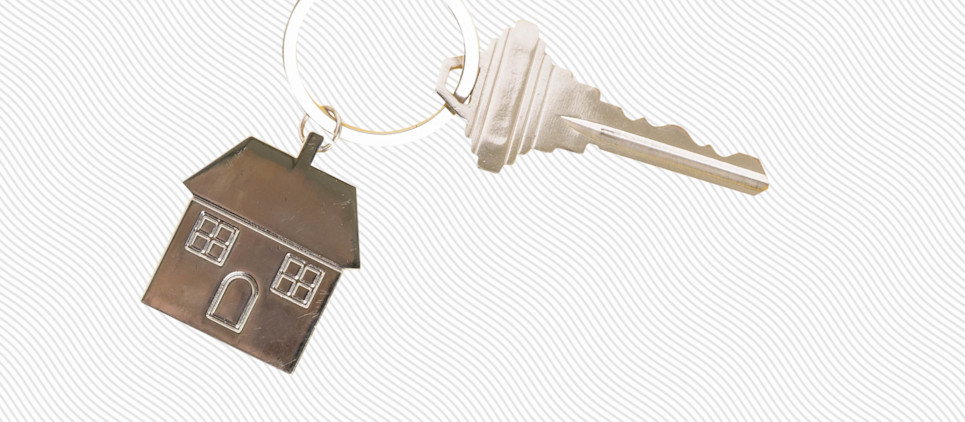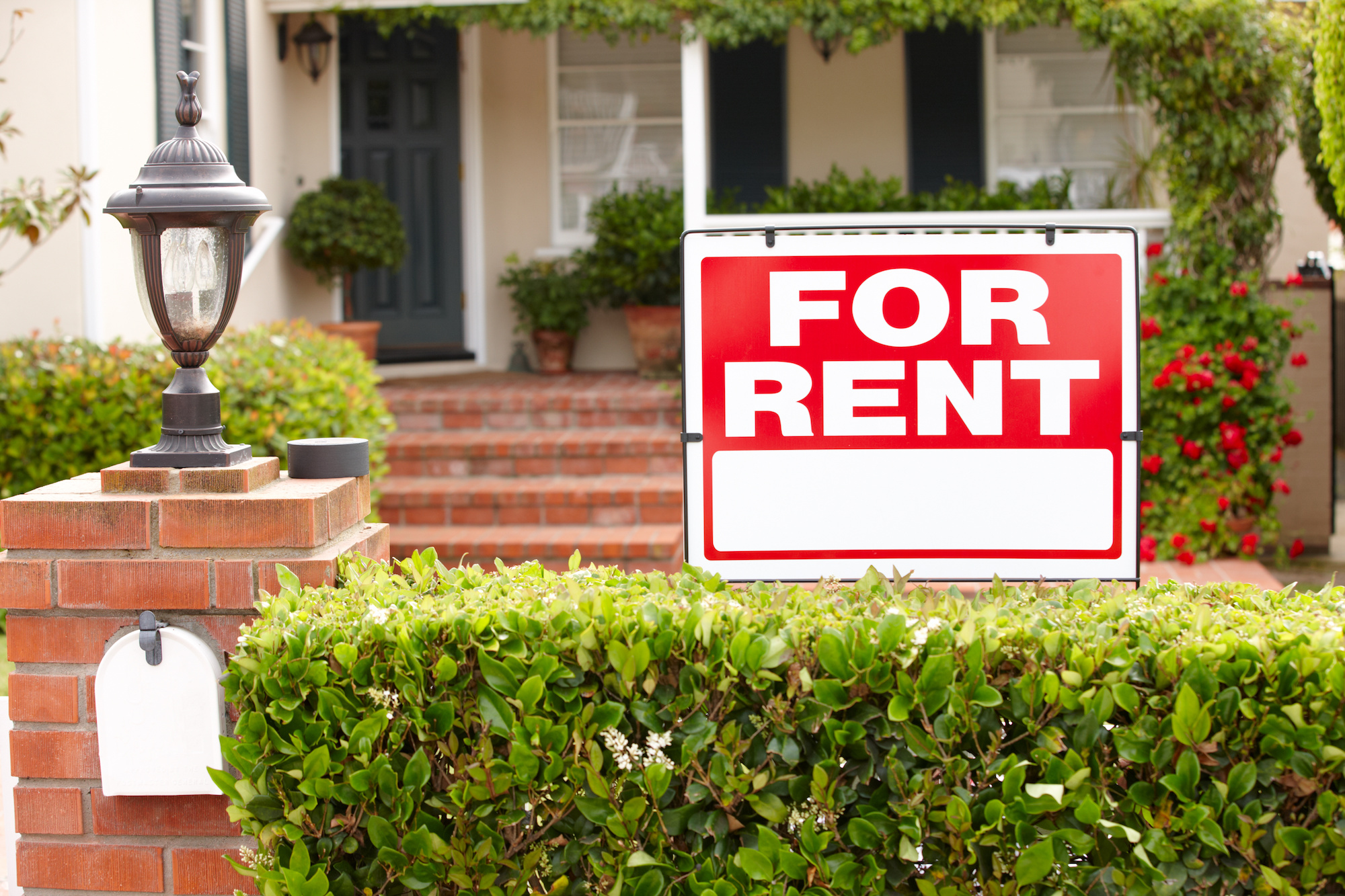6 Steps to Prepare Your House to Rent
As a homeowner, there will likely come a day when you’re ready to move on—and you have to decide between renting and selling your home. Or, you may own investment property that you intended to rent out in the first place. In any case, here’s what you need to do to prepare your property for the rental market.

Table of contents
1. Crunch the numbers 2. Consider hiring a property manager3. Spruce up your property4. Market your rental 5. Screen possible tenants 6. Draft the leaseThe bottom line1. Crunch the numbers
If you decide to become the landlord of a rental home, there are a number of things you’ll need to calculate to ensure you can turn a profit:
Determine a competitive monthly rent for potential renters.Consider touring similar properties, or comps, to compare amenities and value.
Calculate the gross monthly rent income. Landlords often follow the 1% rule, an industry standard holding that rent should be 1% or more of the property’s purchase price after repairs.
2. Consider hiring a property manager
Naturally, this depends on how involved you want to be with the day-to-day demands of running the property. If you take this on, be prepared to receive calls any hour of the day (or night). If you don’t live nearby, or would rather not bother, consider hiring a property management company to handle your landlord responsibilities.
Some large apartment buildings are required by law to have property managers; be sure to check laws in your state. In California, for instance, buildings with 16 units or more apply. Whether you hire property managers or property management companies, be aware that fees for their services may cut into your profits. Property manager fees generally range from 8% to 12% of monthly rent.
3. Spruce up your property
You may need to update your property to boost its appeal. Any improvements, from adding a fresh coat of paint to refinishing floors, to modernizing kitchens or bathrooms may be necessary. You can also consider paying to stage the property and/or having professional photographs taken, since high-quality images and a well-staged home help a property stand out. According to experts, staging helps prospective buyers envision themselves in the space.
4. Market your rental
Consider hiring real estate agents, especially if you’re new to the area. Not only will this showcase your vacancy so tenants are aware it exists, you may also have a competitive edge thanks to the agent’s expertise.
5. Screen possible tenants
You’ll want to find tenants who are gainly employed and/or have a cosigner who can guarantee payment. Also make sure they have a history of paying on time; are easy to deal with; and meet your lifestyle requirements (e.g., no smoking or pets). Run a tenant background check and look out for red flags like an inability to confirm employment; poor credit score (found via credit reporting), a criminal record and an unwillingness to provide references.

6. Draft the lease
Once you’ve chosen a tenant, you’ll need to draft a lease agreement, which should include:
Names of occupants
Description of property
Duration of tenancy and protocol for when a tenant moves or breaks the lease
Amount of monthly rent and security deposits
Process for collecting rents
Maintenance and repair policies
Landlord’s rights to enter the property
Other policies as needed (e.g., smoking, small pets, lawn care)
Remember, you cannot waive tenants’ privacy rights or discriminate, make tenants pay for repairs, or collect non-refundable deposits. Research your state’s landlord tenant law, tenants’ rights, federal legislation related to housing safety, and anti-discrimination laws to make sure you’re above board. Consulting a lawyer is also wise.
The bottom line
Preparing your home to rent is a time-consuming process. You’ll want to carefully run the numbers to determine if it’s a good idea, then decide whether to hire a property manager. You’ll want to spruce up the property to boost its appeal and possibly enlist a realtor to market your listing. Be sure to thoroughly vet applicants and document legal requirements in your lease. Striving for open communication and being accessible (and respectful) when things go awry will help you keep tenants happy.
Bungalow offers tenant placement and property management services that keep your property fully occupied and well managed—helping you earn more rental income from your investment property. With Bungalow, homeowners earn up to 20% more rental income. Learn more about Bungalow.
Ready to find your next home?
Move-in ready homes and a built-in community so you can feel at home, together — wherever you are.
Suggested articles



